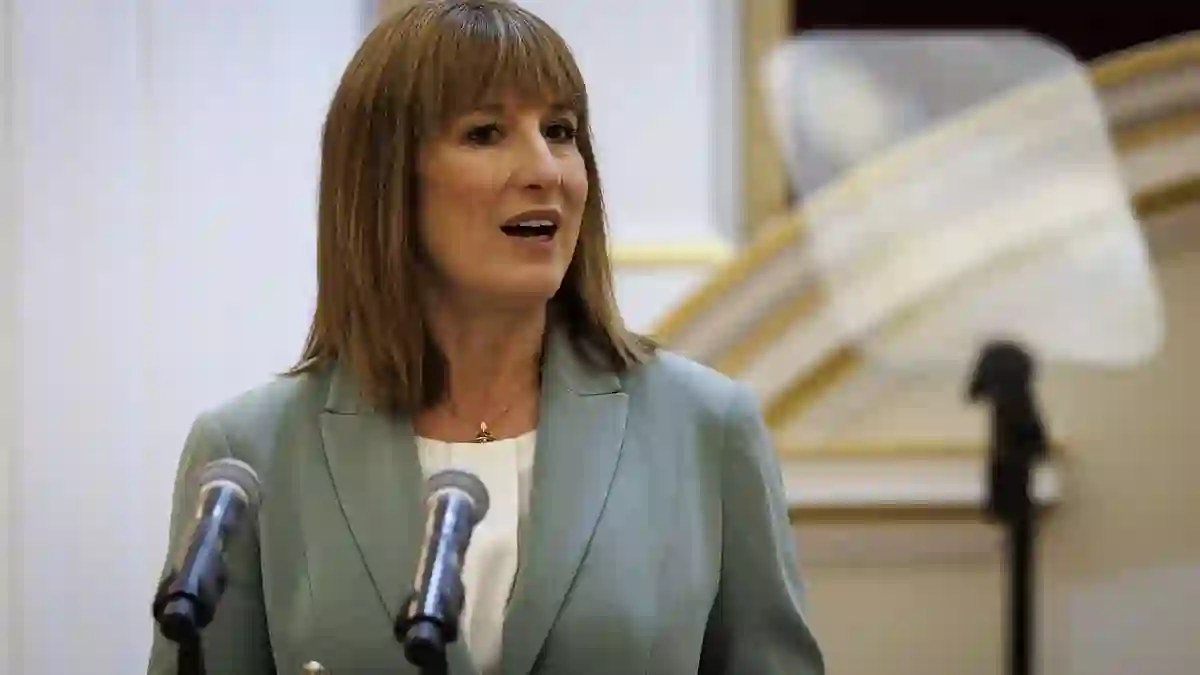Just when the government was hoping for a bit of economic breathing room, inflation has thrown a curveball.
Instead of holding steady, the latest numbers show it’s actually crept higher — putting fresh pressure on Chancellor Rachel Reeves and casting doubt over any near-term hopes for interest rate cuts.
Inflation Creeps Up Again Despite Predictions
Many economists had expected the UK’s Consumer Prices Index (CPI) to remain stuck at 3.4% for the year to June.
But new figures out today from the Office for National Statistics (ONS) revealed a different story — inflation actually rose to 3.6%.
That uptick may not sound dramatic, but it’s a serious headache for the Treasury.
Not only does it make borrowing more expensive, but it could delay any action from the Bank of England on interest rates.
That’s a problem for a government trying to revive growth while also keeping household budgets afloat.
Core Inflation Rises Too — And That’s a Red Flag
Perhaps even more worrying than the headline number is what’s happening beneath the surface.
Core inflation — which strips out volatile costs like food, fuel, alcohol, and tobacco — rose as well, from 3.5% to 3.7%.
This measure is watched closely by economists because it gives a clearer sense of where inflation might be headed.
And right now, it’s suggesting that underlying price pressures are not going away anytime soon.
ONS Acting Chief Economist Richard Heys explained the jump was mainly down to fuel prices not falling as much as they did this time last year.
On top of that, food price inflation has now increased for three months in a row, reaching its highest annual rate since February 2024 — although still well below the sky-high peaks of early 2023.
Reeves Tries to Reassure Struggling Families
Chancellor Rachel Reeves didn’t directly address the rise in inflation when she issued a statement today, but she acknowledged that many households are still feeling the pinch.
“I know working people are still struggling with the cost of living,” she said, pledging to “put more money into people’s pockets.”
She pointed to some of the steps already taken by the Labour government, including raising the national minimum wage for three million workers, offering free breakfast clubs in every primary school, and capping bus fares at £3.
But she also admitted there’s more work ahead.
“I’m determined we deliver on our Plan for Change,” she added.
Conservatives Slam Labour Over Economic Strategy
Unsurprisingly, the Conservatives wasted no time in criticising the government’s handling of the economy.
Shadow Chancellor Mel Stride said the latest inflation figures were “deeply worrying for families,” arguing that Labour’s approach was only making things worse.
He accused the government of taxing jobs and increasing borrowing — moves he says are stifling growth and keeping inflation elevated.
“Everyday essentials are becoming more expensive,” he said, warning that without tough decisions on spending, more tax rises could be on the way.
A Rocky Road Ahead for the Treasury
This inflation bump isn’t just a statistical blip — it puts real strain on the government’s ability to manage the economy effectively.
With inflation stuck well above the Bank of England’s 2% target, rate cuts seem increasingly unlikely in the short term.
That means higher costs for mortgages, loans, and credit — and more pressure on household budgets.
For Reeves and her team, it’s a tough balancing act: show they’re serious about long-term stability while also delivering immediate relief to families. And with inflation refusing to behave, that job just got a whole lot harder.



